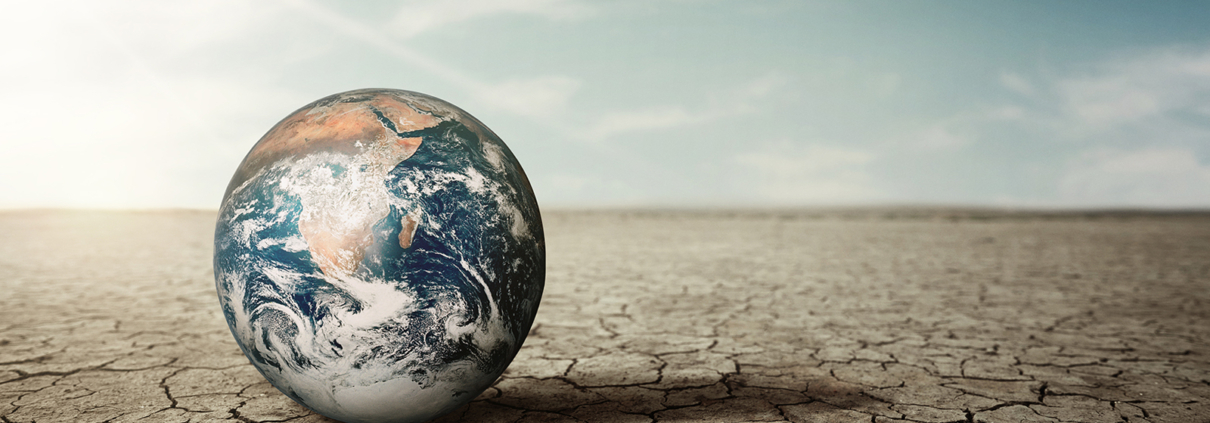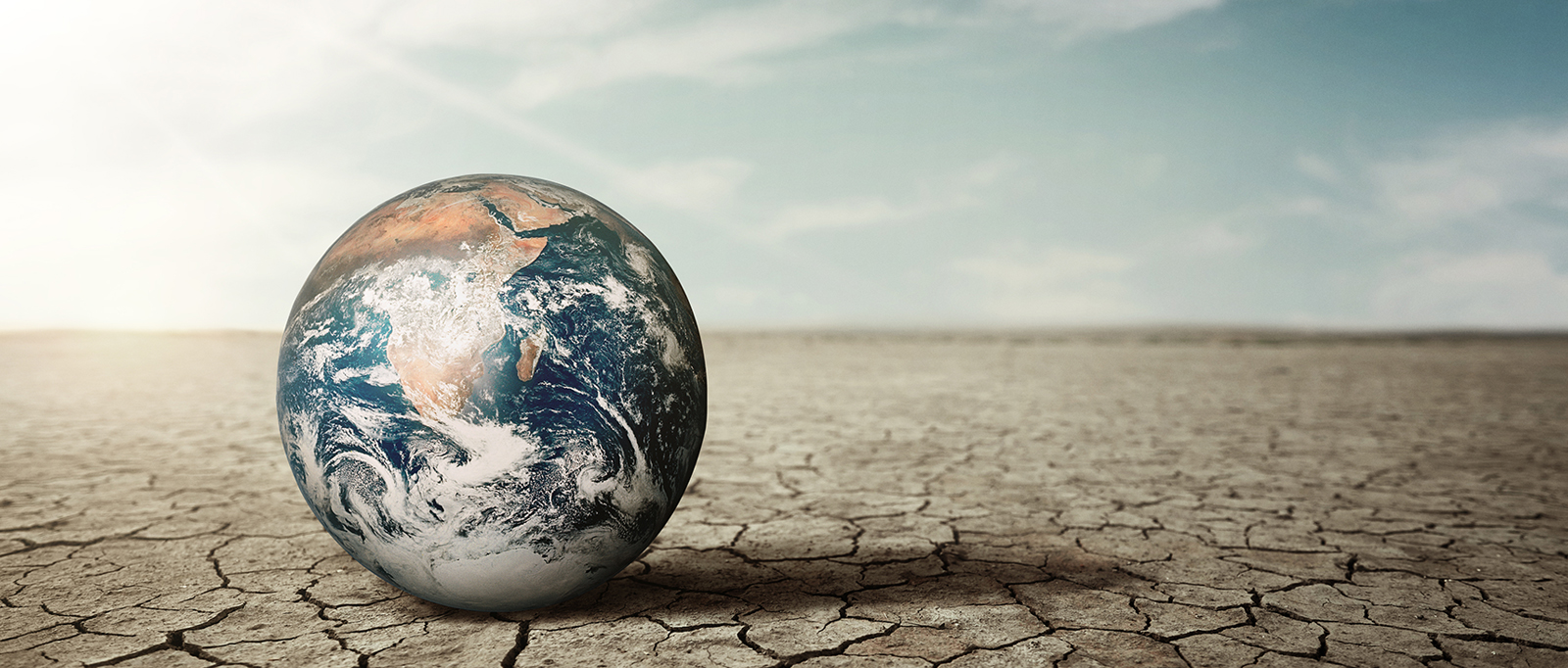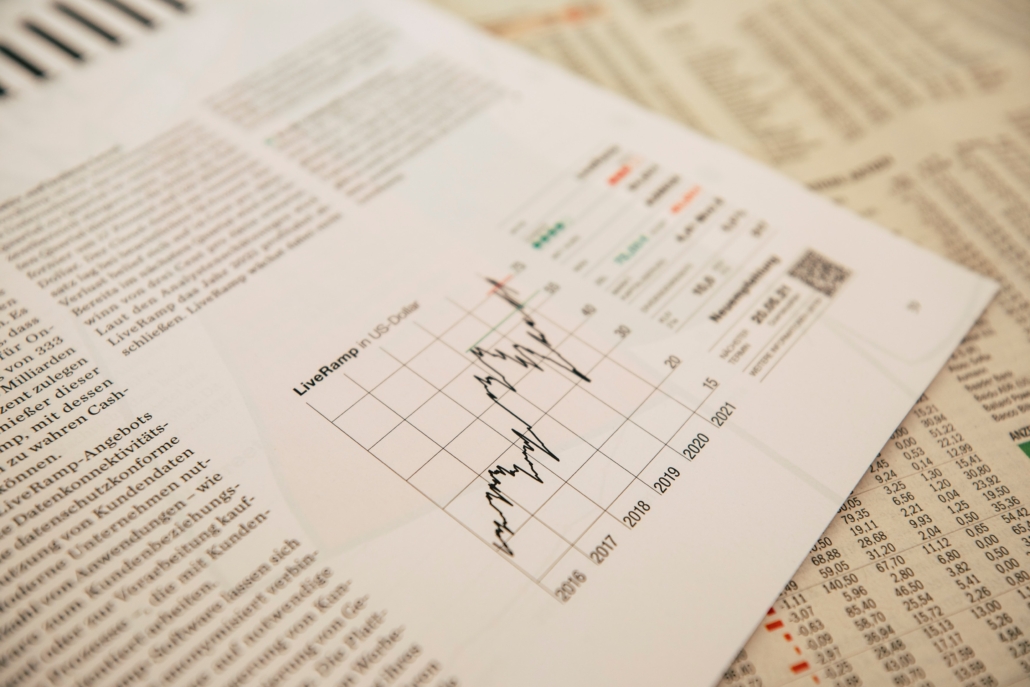
By December 29, 1970, humanity had exhausted all the planet’s annual resources. This year, we reach Earth Overshoot Day on July 28.
Earth Overshoot Day is the day of the year when humanity has consumed all the natural resources the planet produces in a year. Now, as we enter the second half of 2022, we are already drawing on its reserves.
This balance sheet has been compiled every year since 1981, thanks to a calculation created by Global Footprint Networkwhich compares humanity’s annual consumption of natural resources with the planet’s capacity to regenerate itself.
A mixed record
While confinement in 2020 enabled us to achieve a better score by pushing back the date to August 22, this year we have recorded our worst ever results.
The cause: a society of over-consumption, deforestation, over-fishing, over-farming and greenhouse gas emissions, all of which are increasing year on year as part of our way of life as a society.
What can be done about it?
Given these alarming facts, and at a time when we’re experiencing one of the hottest summers in history, it’s urgent to realize that our consumption patterns are toxic for the planet: we must now turn to the circular economy, zero waste, and limiting CO2 emissions. Whether through corporate policy or as consumers, we are all responsible for the resources we use.
« Implementing circular solutions gives companies the exceptional opportunity to succeed for the foreseeable future. » Mathis Wackernagel of Global Footprint Network.
By 2024, a number of developments are in the pipeline: for example, the law anti-waste for a circular economy (AGEC in french) provides for this index to become a sustainability index, with the addition of new criteria such as product robustness and reliability.
Questions about CircularPlace?
Want to follow us?
Subscribe to our newsletter!



